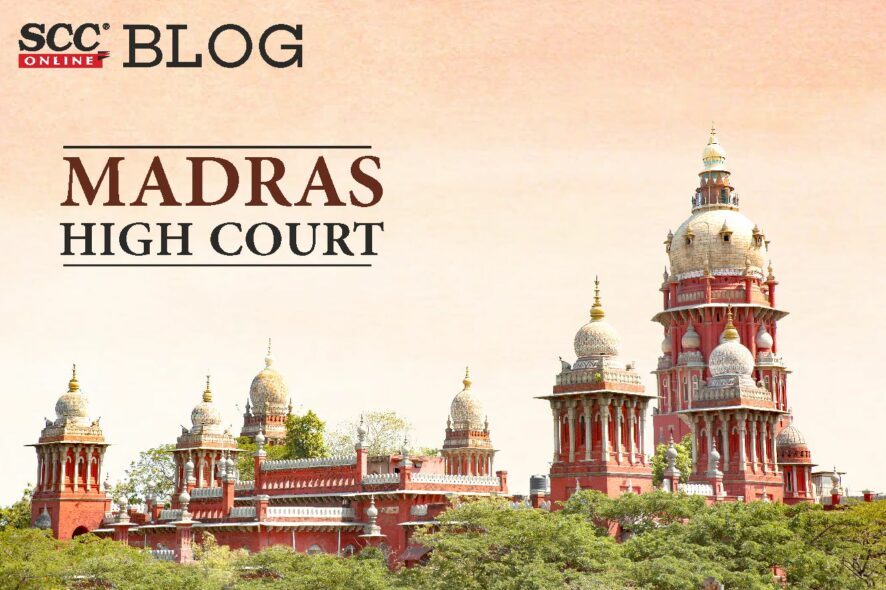Madras High Court: Expressing that, Power of discretion is to be exercised to mitigate the injustice if any occurred to the litigants, S.M. Subramaniam, J., remarked that,
Litigations/appeals are expected to be filed within the period of limitation as contemplated under the Statutes. Rule is to follow limitation. Condonation of delay is an exception. Exceptions are to be exercised discreetly, if the reasons furnished are genuine and acceptable.
Petitioner was a senior citizen and suffering from ailments and hence, could not come over to Madurai and make arrangements for filing appeal.
Petitioner’s Counsel stated that the appeal was presented to the Court as early as on 31-7-2008, but the appeal papers could not be traced out in the office of the Court for long years as the papers were returned.
Analysis, Law and Decision
The entire case bundle revealed that there was no proof to establish that the appeal was filed on 31-7-2008.
High Court stated that,
Mere affixing a seal of the Madras High Court is insufficient as such filing of papers must be registered in the appropriate register maintained by the Registry.
Bench expressed that,
Uncondonable delay cannot be condoned in a routine manner. Law of limitation is substantive.
Elaborating the reasoning, High Court added that the Courts are vested with the power of discretion to condone the delay, that does not mean that enormous delay in instituting the suit or appeal is to be condoned mechanically.
Though, if the reasons are candid and convincing, then the Courts are empowered to exercise its power of discretion for the purpose of condoning the delay.
Time limits
Question may arise about the purpose and object of the law of limitation as the refusal of condonation of delay sometimes causes denial of rights to the litigants. However, there is a definite purpose for the prescription of the period of limitation for the institution of litigations/appeals.
The Bench also added that, If any citizen of our great Nation is allowed to exercise his right at his whims and fancies without reference to the law of limitation, circumstances may arise that the rights of other fellow citizens are prejudiced or infringed. Rights cannot be exercised in an unguided manner.
Any citizen, who slept over his right, cannot wake up one fine morning and knock the doors of the Court for redressal of his grievances
Adding to the above analysis, Court stated that, Exceptions can never be adopted as a rule and they are to be exercised exceptionally and condoning long delay in a mechanical manner by the Courts cannot be considered as a good practice.
Imposing Heavy Costs
Costs cannot be in terms with reference to the number of days of delay. It is not an arithmetic principle, where long delay is to be condoned with heavy costs and meagre delay is to be condoned with meagre costs. Such a principle is opposed to public policy and therefore, this Court is not prepared to accept such a concept of imposing heavy costs for condoning enormous delay by violating the law of limitation, which is substantive and also the legal principles to be followed.
Lastly, the High Court held that,
If the delay is about three months or upto five or six months, the Courts may take a lenient view, but not in respect of longer delay.
Hence, the Court declined to condone the delay of 2575 days in filing the appeal. [T Lakshmi v. M. Vasantha, 2022 SCC OnLine Mad 1406, decided on 30-3-2022]
Advocates before the Court:
For Appellants: Mr A.C. Arun Kumar








Dear Sirs/Masama,
According the Circular of SC regarding the Limitation extention during covid period.. ….
Can a suit be filed after expiration , without the leave of the court ?